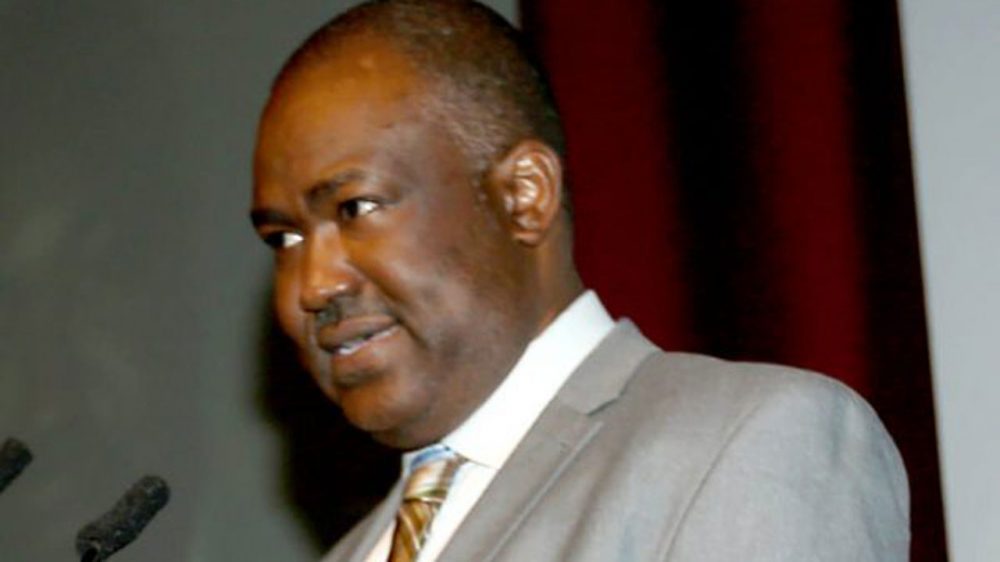Frontline presidential candidate on the platform of Peoples’ TRUST (PT), Mr. Gbenga Olawepo-Hashim, has called on politicians to rise above partisan fray in their reactions to the recent killings of Nigeria troops in the Northeast region.n
Instead of politicising the sad event, Olawepo-Hashim, regarded as a third force in the emerging political calculations, called for a cross-party, consensual approach in dealing with the national scourge, according to a statement signed by his spokesperson, Mr. Hassan Ibrahim.h
Basking in the euphoria of his recent endorsement by women in the Southwest region, he stressed that it was time politicians desisted from matters that could affect national security.
“National security”, he noted, “is not supposed to be a partisan issue. It is a matter for the collective, because if there is no security, there cannot be politics and nationhood. ”
Olawepo-Hashim regretted the killings of Nigerian troops, observing that the troops were heroes who laid their lives protecting their fatherland.
He condoled with the government and people of Nigeria on the death of the gallant soldiers and all others who have lost their lives in recent days in different parts of the country.
He prayed for the repose of their souls and for the quick recovery of the injured.
Olawepo-Hashim, according to the statement, said when elected as President of the Federal Republic of Nigeria in 2019, he would improve on the security situation in the country within 90 days, ahead of the development of completely new security architecture.
According to the candidate, “The objective of this will be to upgrade telecommunication, military hardware, training, welfare of personnel, etc. Above all, there will be the need to address the root causes of insurgency, and security challenges such as kidnapping, communal killings, clashes between herdsmen and farmers, pipeline vandalism ,etc.”
Olawepo-Hashim however commended the reported move to assist the families of the late soldiers as timely, adding that it is consistent with international best practices.
























Leave a comment